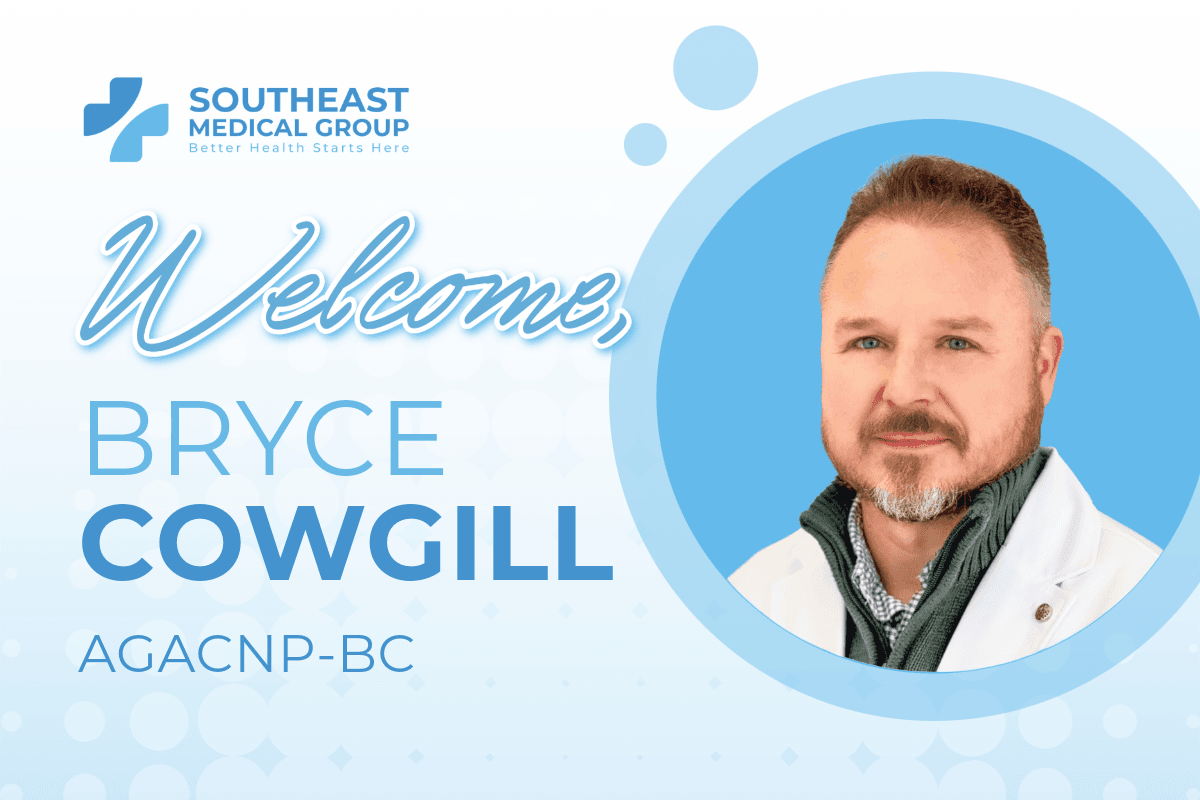When it comes to maintaining good health, few things are as important as taking care of your heart. The heart plays a vital role in pumping oxygen-rich blood throughout the body, keeping us alive and energized. However, cardiovascular diseases remain a leading cause of death worldwide. The good news is that many of these conditions are preventable by managing key cardiovascular risk factors. In this blog post, we will explore the ABCs of heart health and provide practical tips to help you effectively manage these risk factors and protect your heart.
Awareness of Risk Factors
The first step towards a healthier heart is being aware of the risk factors that can contribute to cardiovascular diseases. These include high blood pressure, high cholesterol levels, smoking, diabetes, obesity, physical inactivity, and family history of heart disease. By knowing and understanding these risk factors, you can take proactive steps to address them and reduce your chances of developing heart-related problems.
Blood Pressure Control
High blood pressure, also known as hypertension, is a silent but dangerous condition that significantly increases the risk of heart disease and stroke. Regular monitoring of blood pressure is essential, and if it’s elevated, working with your primary care physician to develop a management plan is crucial. Lifestyle modifications, such as adopting a heart-healthy diet, reducing salt intake, increasing physical activity, and managing stress, can help keep blood pressure withing a healthy range. In some cases, medication may be necessary, and your doctor can guide you through the appropriate treatment options.
Cholesterol Management
Elevated levels of cholesterol in the blood can lead to the formation of plaque in the arteries, narrowing them and increasing the risk of heart attacks and strokes. By maintaining a healthy diet low in saturated fats and cholesterol, increasing fiber intake, and engaging in regular exercise, you can help keep your cholesterol levels in check. If lifestyle changes alone are not sufficient, your primary care physician may prescribe cholesterol-lowering medications to further reduce your risk.
Smoking Cessation
Smoking is a major contributor to heart disease and numerous other health problems. Quitting smoking is one of the most significant steps you can take to improve your heart health. Seek support from your primary care physician, who can provide resources, guidance, and strategies to help you quit smoking for good. Remember, it’s never too late to quit, and the benefits to your heart and overall health are substantial.
Diabetes Management
Diabetes is a chronic condition that can significantly increase the risk of cardiovascular disease. If you have diabetes, it’s crucial to work closely with your primary care physician to effectively manage your blood sugar levels. This may involve a combination of lifestyle changes, regular monitoring, medication, and, in some cases, insulin therapy. By keeping your diabetes under control, you can reduce the impact on your heart and lower the risk of complications.
Prioritizing heart health is a fundamental step in leading a long, healthy, and fulfilling life. By being aware of the ABCs of heart health – Awareness of risk factors, Blood pressure control, cholesterol management, Smoking cessation, and Diabetes management – you can take proactive measures to reduce your cardiovascular risk. Remember, your primary care physician is your partner in maintaining heart health, so don’t hesitate to seek their guidance, support, and regular check-ups. Together, let’s commit to protecting our hearts and enjoying the benefits of a vibrant, heart-healthy lifestyle.



